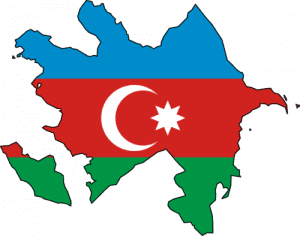6 Jun 2012 | Index Index, Middle East and North Africa, minipost
A Kuwaiti man was sentenced to 10 years in prison on Monday after being convicted of endangering state security as a result of messages he sent on Twitter. The judge found Hamad al-Naqi guilty of insulting the prophet Muhammad and Islam, and insulting the rulers of neighbouring Saudi Arabia and Bahrain. Al-Naqi pleaded innocent at the start of the trial last month, saying his Twitter account had been hacked and he had not posted the messages.
25 May 2012 | Azerbaijan News, Europe and Central Asia, News

This atricle originally appeared on Huffington Post UK
As we head towards one more Eurovision final, will a spotlight also be shone onto the serious human rights abuses in Azerbaijan, this year’s host? Or will the Azerbaijani government succeed in burnishing their image and hiding the reality of violence, repression and an increasingly hostile environment for journalists, bloggers, academics, activists and others? (more…)
23 May 2012 | Azerbaijan News, Campaigns, Europe and Central Asia, News
This letter appeared in the Financial Times, 23/05/12
For all of us who support and defend freedom of expression and a free press, it is encouraging indeed to see that the ability of governments with bad or dubious human rights records to whitewash their image and promote their international profile through hosting big sports, arts and music events is on the decline. (more…)
10 May 2012 | United Kingdom
 Speculation around Lord Justice Leveson’s expected report this autumn has overshadowed the vital libel reform identified in the Queen’s speech, says Kirsty Hughes
Speculation around Lord Justice Leveson’s expected report this autumn has overshadowed the vital libel reform identified in the Queen’s speech, says Kirsty Hughes
(more…)


